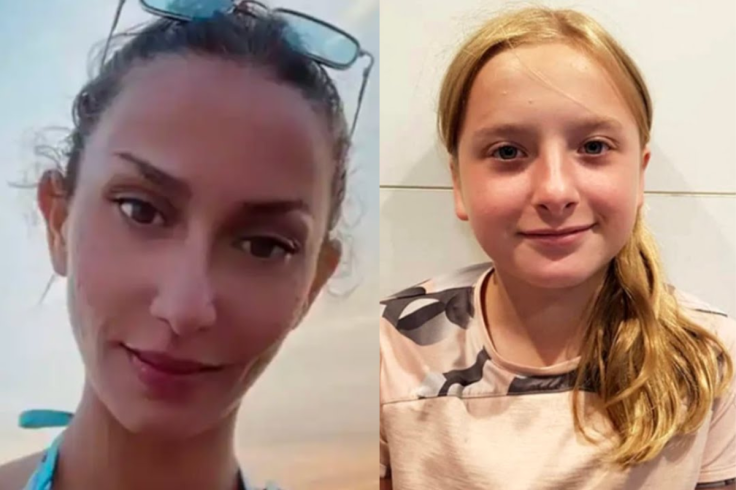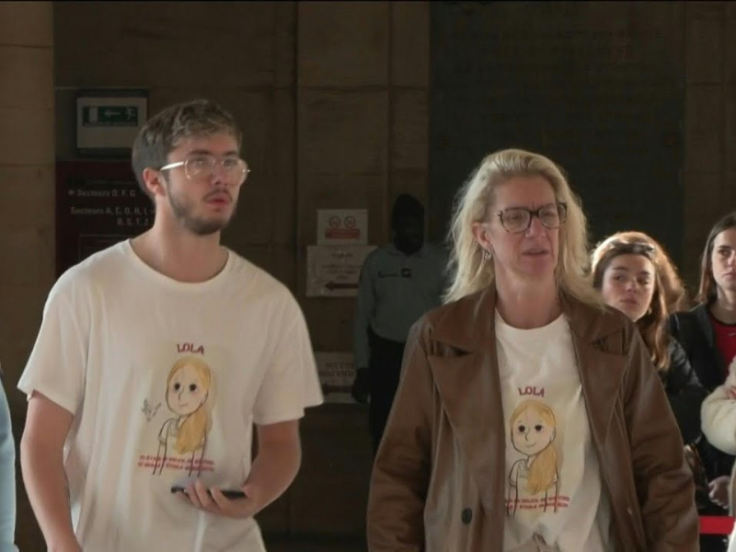Life Sentence for Dahbia Benkired: France Confronts Horror of 12-Year-Old Lola's Murder
France delivers its harshest penalty to a woman for the rape and murder of a child.

France has sentenced Dahbia Benkired to life in prison without parole for the rape, torture, and murder of 12-year-old Lola Daviet, marking one of the most disturbing criminal cases in recent French history. The verdict, delivered Friday by the Paris Assize Court, confirms the harshest punishment available under the French penal code and is the first time it has been applied to a woman.
A Crime That Shook the Nation
The murder of Lola Daviet occurred in October 2022 and immediately gripped the country with horror. Her body was found mutilated and hidden inside a plastic box in a communal area of her apartment building, just hours after she was reported missing. According to a statement from the Paris police prosecutor, CCTV footage showed Lola entering the building with Benkired at 3:15 p.m. that day. Less than two hours later, Benkired was seen leaving alone, carrying heavy luggage.
Investigators later confirmed that Lola died of cardiorespiratory failure, with signs of asphyxiation and cervical compression. The coroner noted additional injuries to her face, back, and neck, though these were not deemed the direct cause of death.
The Killer's Confession
Benkired, a 27-year-old Algerian national, told police she had led Lola to her sister's apartment, located in the same building. There, she forced the child to shower before committing sexual assaults and acts of violence that led to her death. She then concealed the body in a plastic container.
In court, Benkired described her actions as 'horrible' and asked for forgiveness before the jury began deliberations. Her lawyer, Alexandre Valois, said the verdict did not come as a surprise and that Benkired had not yet decided whether to appeal.
A Historic Sentence
Benkired must serve at least 30 years in prison and will not be eligible for parole. This sentence marks the first time a woman has received life imprisonment without parole in France, underscoring the severity of the crime and its impact on the nation.
Clotilde Lepetit, the lawyer representing Lola's family, called the ruling 'a fair decision, based on reason, humanity, truth and memory.' She added, 'We restored this young girl's memory. We restored a shattered truth.'

Family Response and Public Reaction
Following the sentencing, Lola's brother expressed gratitude to the French justice system, saying the family was 'happy with the response we received.' Lola's mother added that 'the verdict brought some measure of closure, even if it won't give us back our Lola.'
The case has reignited conversations in France about child protection, violence against minors, and the country's legal response to extreme crimes.
While the courtroom delivered its final judgment, the emotional and societal reverberations of Lola's murder continue to be felt across the country. Public discourse has turned toward systemic gaps in safeguarding children, with renewed scrutiny on how vulnerable individuals are protected in residential settings.
Advocacy groups and legal experts have called for stronger preventative measures, improved mental health support, and more transparent judicial processes in cases involving minors. Lola's death, and the unprecedented sentencing of her killer, has become a symbol of both national grief and a call to action.
© Copyright IBTimes 2025. All rights reserved.





















